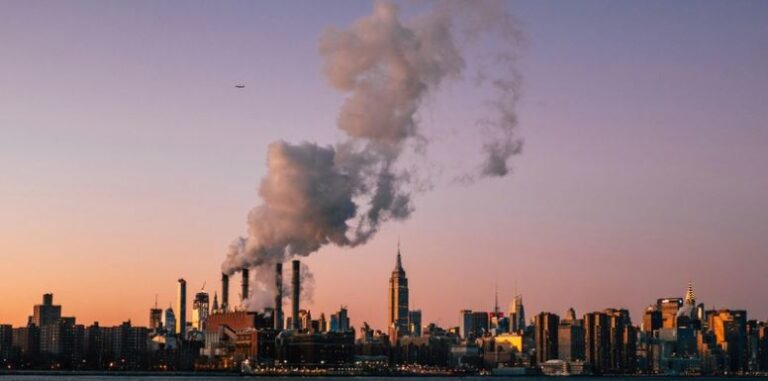On September 12, 2024, the United Nations Climate Change Summit was held in New York City, bringing together world leaders, policymakers, and environmental experts to address the escalating climate crisis. This annual summit, which draws representatives from nearly every country, has become a pivotal moment for international collaboration on climate action.
The summit focused on tangible actions and commitments to mitigate climate change, including a push for nations to significantly reduce carbon emissions by 2030. One of the most notable developments from the event was a new global pledge to phase out coal-powered plants by 2040, with major funding from developed nations to help developing countries transition to renewable energy sources.
The discussions also included a review of the progress made since the Paris Agreement in 2015, with many countries reporting progress in line with their national climate commitments. However, experts highlighted that despite the progress, current efforts are still insufficient to limit global warming to 1.5°C above pre-industrial levels, the target set by the Paris Agreement.
In addition to political leaders, prominent environmental organizations and climate scientists also participated, offering solutions and insights. Groups like the World Wildlife Fund (WWF) and Greenpeace called for greater urgency and more robust policy changes. Scientists, particularly from organizations like the Intergovernmental Panel on Climate Change (IPCC), reinforced the message that time is running out, urging world leaders to take bold, immediate action.
The summit was seen as an important step forward, but there is a widespread acknowledgment that the real test will be the actions taken in the months and years following this gathering. Climate activists are pushing for continued accountability, ensuring that the commitments made are followed through with real, measurable outcomes.



